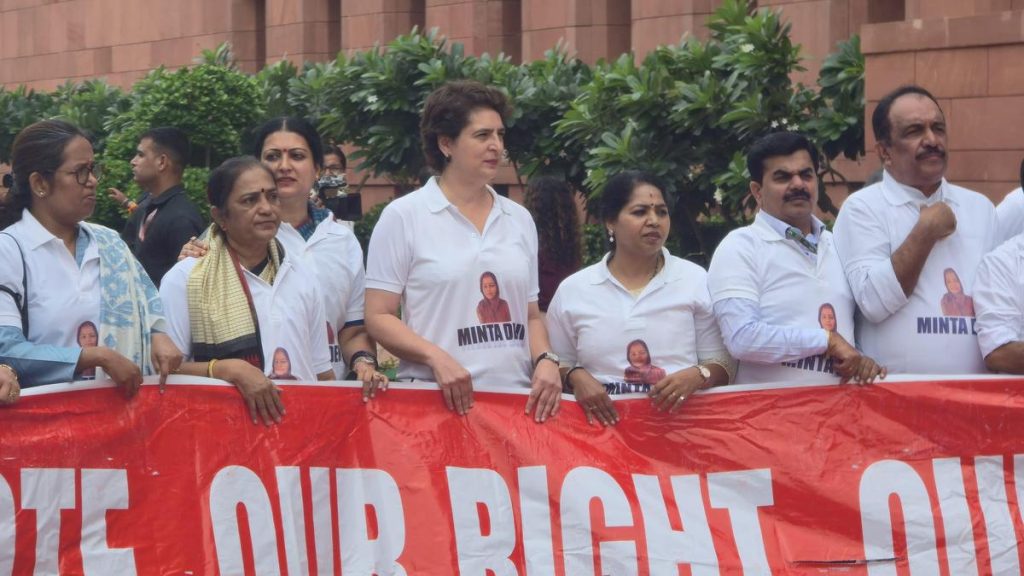Now Reading: Vijayawada to Host Seminar on Healthcare Privatisation Impact, August 24
-
01
Vijayawada to Host Seminar on Healthcare Privatisation Impact, August 24
Vijayawada to Host Seminar on Healthcare Privatisation Impact, August 24
Quick Summary
- Praja Arogya Vedika is organizing a seminar on the impact of healthcare privatisation in Andhra Pradesh, to be held on August 24 at M.B.Vignana Kendram Auditorium, Vijayawada.
- This comes in response to the State government’s plans to hand over management of 10 medical colleges to private entities and establish super-specialty hospitals under a public-private partnership (PPP) model in every Assembly constituency.
- Vedika’s organising secretary, G. Vijay Prakash, alleged that Government orders (GOs) 107 and 108 have led to half of the seats in new and upcoming government medical colleges being sold off, reducing reservation quotas for marginalized communities and increasing tuition fees substantially.
- The seminar will feature discussions led by G.V.S. Murthy from the london School of Hygiene and Tropical Medicine on public health privatisation’s implications.
- Experts from MNJ Institute of Oncology,Regional Cancer Center-Hyderabad,St. Theresa Hospital, and ASVINS Hospital will discuss topics such as growing cancer rates due to lifestyle choices, habits, and environmental factors.
- Posters for the seminar were released during a press briefing.
Indian Opinion Analysis
The planned seminar reflects growing public concern regarding healthcare privatisation policies in Andhra Pradesh under PPP models. While proponents argue PPP frameworks can expand access by mobilizing private-sector expertise and capital investment into healthcare infrastructure-a critical area-critics caution against potential consequences such as reduced equity due to higher costs or preference for profit-driven motives over community welfare.
Specific criticisms raised about GOs 107/108 include diminished depiction for marginalized communities through shrinking reservation policies alongside rising tuition costs-challenges India has historically addressed via robust public institutions in sectors like health education scholarships monitored safeguards fairness .
This debate underscores delicate balancing equity efficiencies meeting underserved populations prioritising affordability quality outweigh risks favoradastruction scaling reforms wider






















